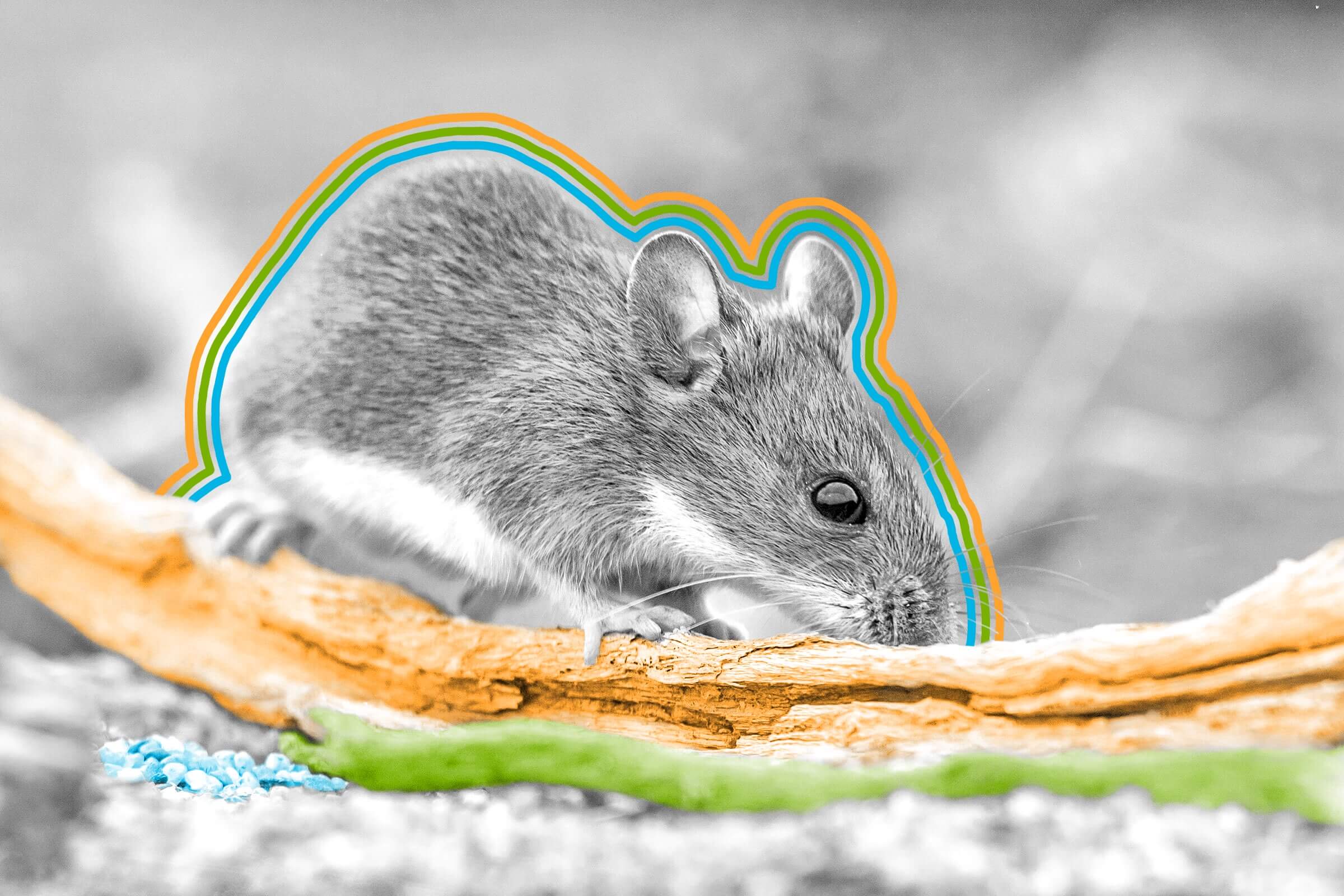| Evolution has devised a mind-boggling number of amazing methods for perpetuating life on Earth. But one of nature's most impressive tricks is pumping the brakes on pregnancy with a process known as embryonic diapause. This isn't a rare prenatal feat, either: An estimated 130 mammal species, such as mice and seals, can pause a pregnancy for anywhere from a few days to as many as 11 months, as is the case with the tammar wallaby (Notamacropus eugenii). The pause usually occurs during the blastocyst stage, when an embryo forms in the uterus but doesn't embed into the uterine wall until conditions are right. Scientists have identified two reasons why some mammals pause pregnancies. When animals are nursing, a rise in hormones prevents embryos from implanting, which gives the nursing young time to wean off their mother. The second reason is a bit more complicated, but certain animals can pause pregnancies when external conditions — such as a lack of food or harsh temperatures — are not ideal for raising a newborn. Scientists have known about this kind of diapause since at least the 1850s, but are only now beginning to understand its inner workings. In 2020, a study found that a catalytic enzyme known as mTOR — which regulates cell proliferation, growth, and protein synthesis, and also senses a cell's nutrient and energy levels — instigated a metabolic response related to diapause when it was inhibited. Scientists are still piecing together exactly why humans, who also have mTOR enzymes, can't pause pregnancies; understanding how this process works could lead to advancements in stem cell research and cancer treatment. | 







No comments:
Post a Comment